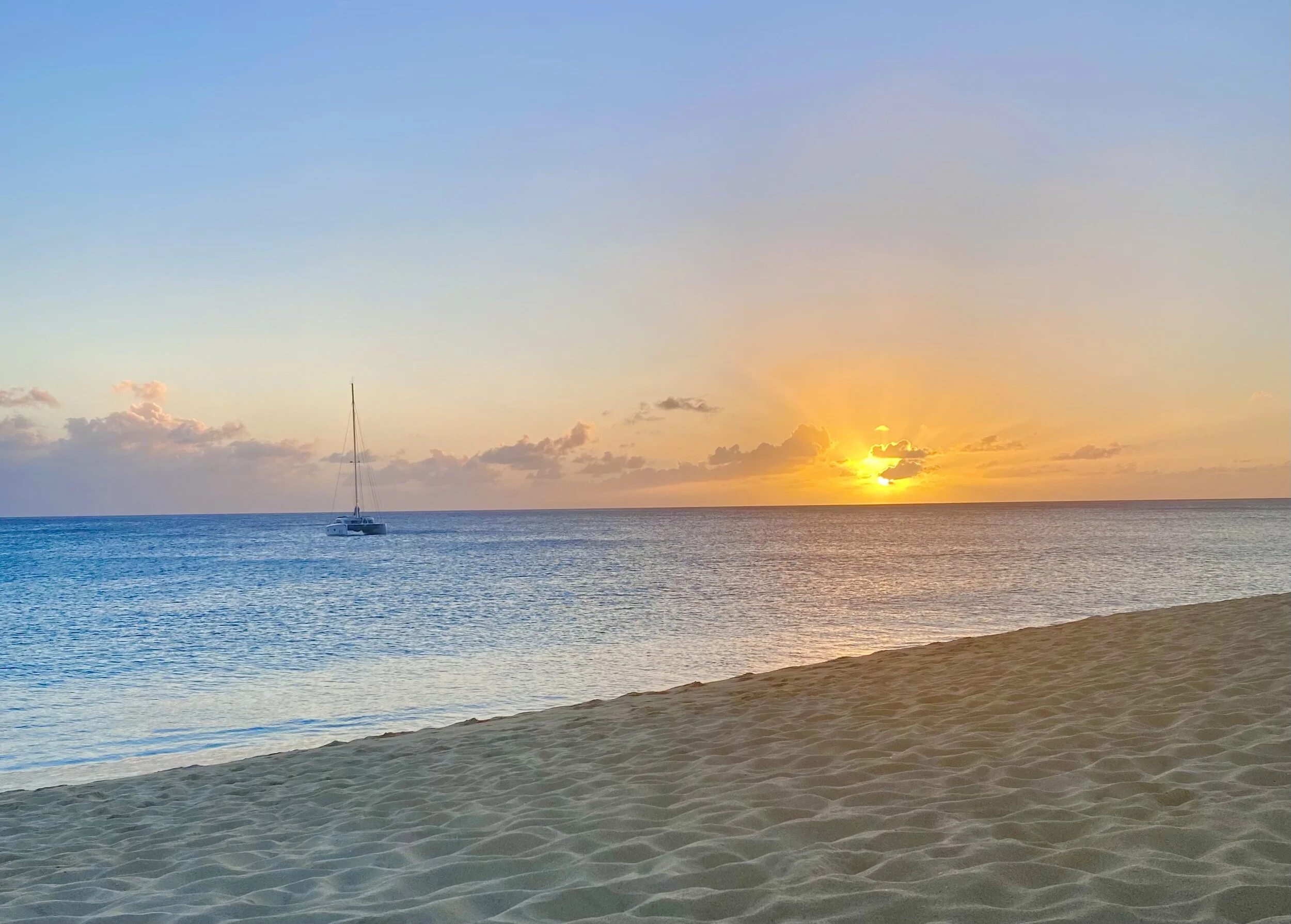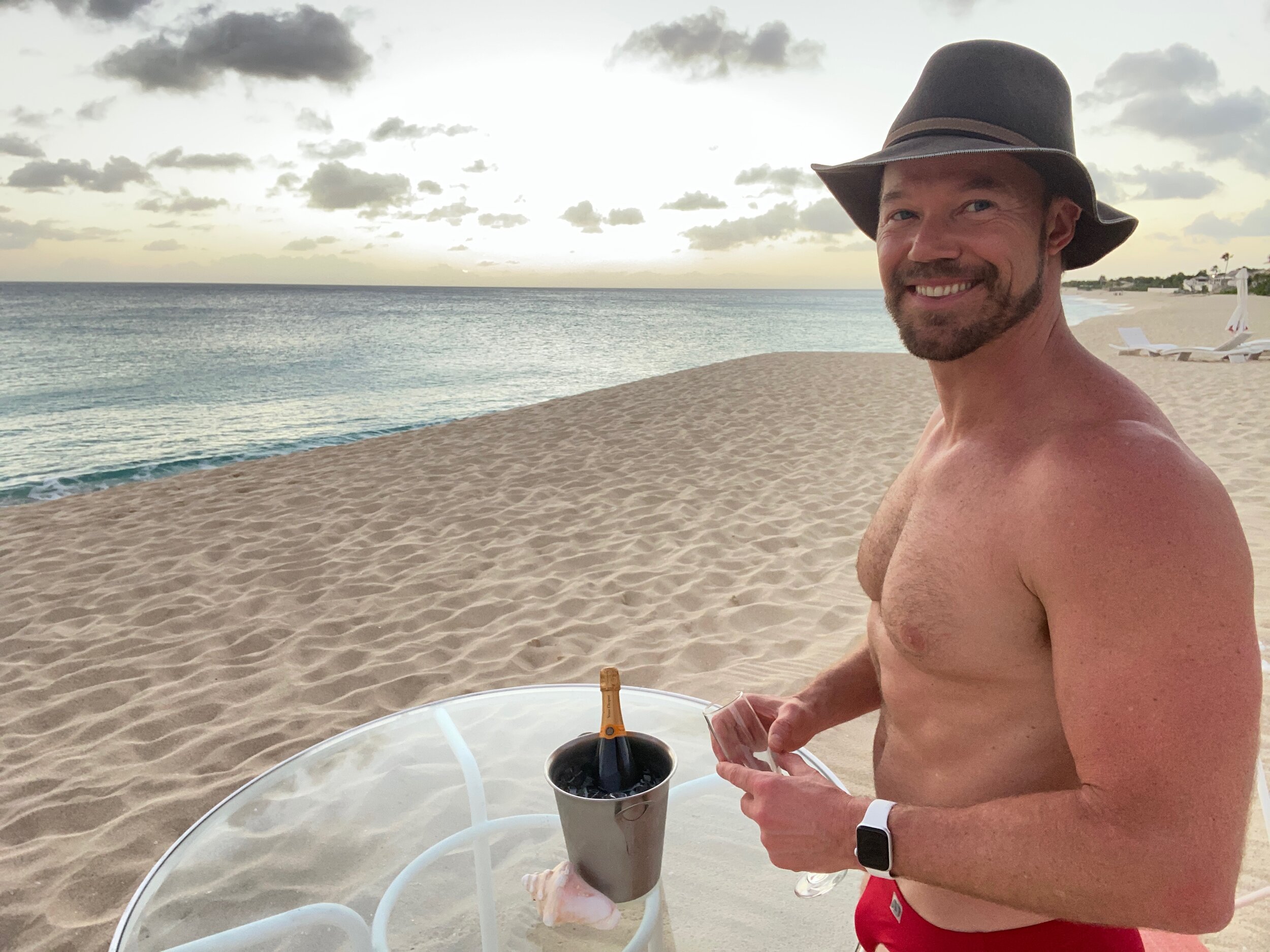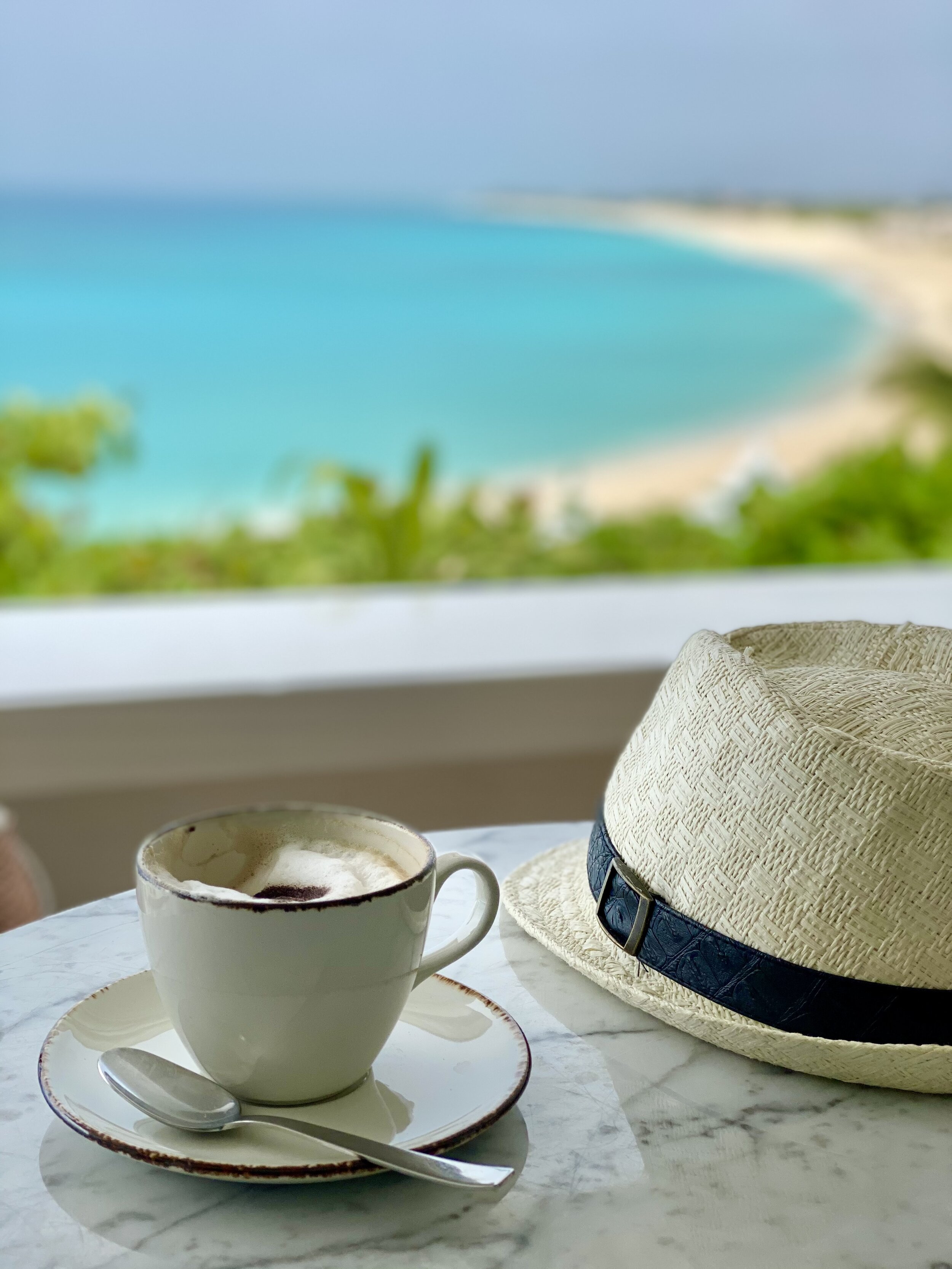One of the things that I have found fascinating about the pandemic, in addition to the fact that there's so much about it that we still don't know, is that everyone seems to have a different level of comfort regarding social interactions in situations. We all have those friends who have been sequestered in their homes completely, barely venturing outside and have certainly not seen many people. Then we have those friends who are like, "Pandemic? What pandemic?" and act as if nothing has happened.
This is certainly no different in the travel world as well. I have recently started traveling again, and it has been fascinating to watch peoples' reactions to it. Some people want to hear all about it, and have asked me to post lots of photos so that they can live vicariously. They are genuinely really excited whenever I'm going anywhere. Then there are others who are concerned for my well-being, and think that the idea of flying anywhere is scary. Then, you have the Covid-shamers, and they are my favorite.
I ran into a few shamers recently when I made a TickTock video (zoombryan) about my upcoming trip to the Maldives. A few people commented things like "traveling during a pandemic, nice". I didn't engage, but I really wanted to tell that person, "I bet you go to restaurants though, don't you?" Personally, I have not been going to restaurants for indoor dining until I get vaccinated. But yeah, I will get on a plane. In the air, we are all wearing masks, and the air filtration systems are actually very good.
But here's the best part about air travel internationally. Yes, it is possibly annoying that you have to get a negative COVID-19 test before entering most countries right now, including the United States, but it is actually pretty amazing to get on that plane, and know that everyone else on that plane has just tested negative for COVID-19 within the last 72 hours. When are you ever in that kind of environment where everyone around you just tested negative? Not in the grocery store. Not at the bank. And certainly, absolutely, not in restaurants--you know that place were as soon as you are sat at your table and remove your mask to eat, you magically cannot transmit the COVID-19 virus. Magic!
Listen I think people should do whatever makes us feel comfortable, as long as we are being as responsible as we can be and sensitive to frontline workers while still continuing in life with some degree of normalcy.
Of course, restaurants, bars, etc. need our support right now, as do hotels and airlines. Cruises are still pretty tough at the moment until they get a better handle on quarantine procedures. The travelers who love cruising who I've spoken to are not scared to get COVID-19 on the boat. They're more concerned that somebody else could test positive, and then they could be quarantined somewhere for a lengthy period of time.
I recently went to Saint Maarten in the Caribbean, and this is what I had to do in light of COVID-19. Because I'm a US citizen, I had to get a negative COVID-19 test within 120 days of my arrival into Saint Maarten. Once I got that test, and the results were negative, I had to fill out an online government form for Saint Maarten, including the details about my COVID-19 test, and pay $30. They then emailed me a kind of COVID-19 permission slip that I had to print out and bring with me to show the airline counter. What they didn't tell me was that I would still need to have a printout of my COVID-19 results as well. Luckily, at 1 AM I shot out of bed the night before and had the thought to print out my test and bring it to the airport even though on the government websites didn't require it. So even if you're traveling to a country that has you fill out their online form, make sure you always have a printout of your negative COVID-19 test as well, just in case.
Upon arrival in the Saint Maarten, it was really easy. They just looked at my passport like normal and checked out my test results. There really wasn't any extra time taken.
At the resort where I stayed on the island, we had to wear masks in public spaces, such as the restaurant, but most of my time there I didn't have to wear a mask. I had some spectacular walks on the beach maskless, not really encountering anybody. And getting away was just what the doctor ordered. I felt happier after only being there for a few hours.
Enjoying a little sparkling inspiration on the beach at La Samanna
Now, to get back into the United States, everyone needs to have proof of a negative COVID-19 test within 72 hours of their flight to the USA. My hotel organized this for me the morning of my flight, and it was a breeze. A nursing van (well, that is what I am calling it. It was a couple of nurses in a van with various COVID-19 testing equipment) came and tested me and some other travelers. I had my negative results back within 10 minutes, all printed out, ready for me to bring to the airport. The cost for the test was $165.
They asked to see my results at the American Airlines check-in counter, but they actually never looked at my test results when I arrived back into the United States, at least not that I recall, but I was pretty sleepy.
After my trip, several people asked me if you have to get a negative test even if you have been vaccinated. The answer is yes. At the time of writing this article, most countries, including the United States, are requiring proof of a negative COVID-19 test even if you have been vaccinated. I do speculate that this is going to change soon, however. I think in the not-so-distant future, either a negative COVID-19 test or proof of vaccination will be what is required to get into most countries.
I hope this takes out some of the mystery of what it may be like to travel internationally during this time. None of the extra COVID-19 procedures are remotely too difficult, to stop you from doing what you love, and safely.





